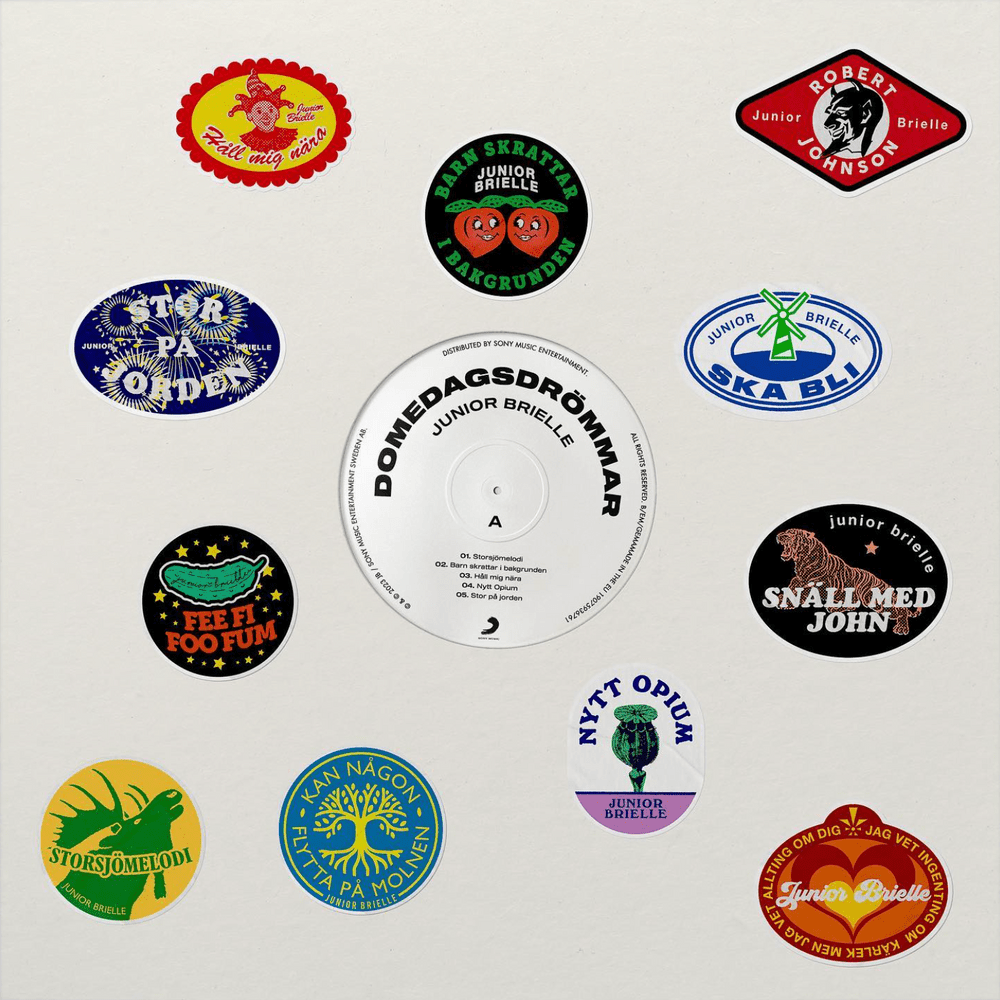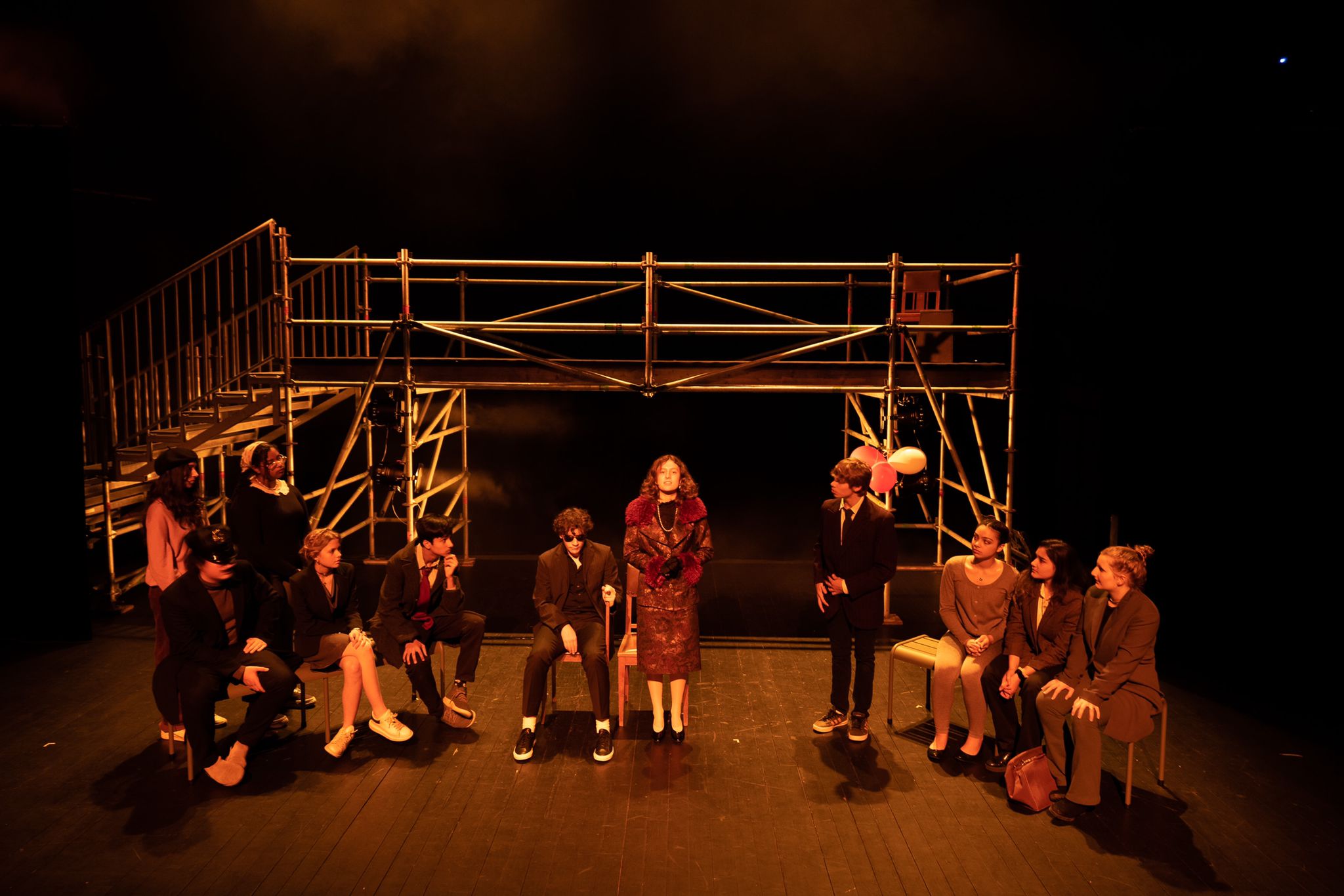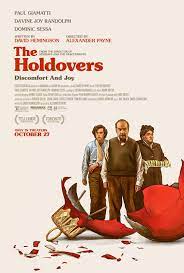By Cormac Stephen Synnott, Year 12
After the release of several singles in anticipation, Junior Brielle, composed of brothers Gabriel and David Röhdin, released Domedagsdrömmar on the 21st of April, 2023. The album was, relative to a non-English language indie band, a success, becoming the group’s biggest album to date. The album represents a return of sorts, both to their home-locality of Brunflo, and to a sound more comparable to rock than their first, more electronic album, Tampa (2018).
The album is excellent, and conveys its messages of return near-perfectly. While I will admit that at times they include elements I would generally find pretentious- specifically the choir on Stor På Jörden– they manage to keep most aspects of the album tasteful. The opening and closing tracks, for instance, don’t feature any conventional singing, yet they feel neither obnoxious nor out of place; they fit into the album and help render the listener much more invested.
That being said, this is not to say that the album is without conventional songs. My personal favourite tracks of the album, Robert Johnson and Barn Skrattar i Bakgrunden, for instance, are both very straightforward pop-rock songs, particularly Robert Johnson which is probably the best example of the album’s more straightforward tracks. The song describes the band’s attempts at getting their songs played on the radio, and is a simple, 4:13 pop-rock song. It features no children singing (Stor På Jorden), no children laughing (Barn Skrattar i Bakgrunden), and no sampling from something that I couldn’t figure out what was despite extensive research (Storsjömelodi Exitlude); yet, despite its simplicity, Robert Johnson feels just as intimate and artistic as most other tracks on the album.
As previously mentioned, a key theme of the album is return. Domedagsdrömmar is only Junior Brielle’s second album, yet it features a sort of shift for the band. Their first ever album, Tampa, was a very electronic affair, however from the start they had expressed a desire to go in a more rock oriented direction. As stated in an interview for Monitor, “[When we started making music] we played indie rock […] but it didn’t do well commercially. One day me and David decided to make electronic pop instead. Like let’s do this for a while and then when people notice us we change to rock again, there was a little secret agreement […]”.That being said, this more rock-oriented album is not a rejection of Tampa; it is quite the opposite. The band use Domedagsdrömmar not as an attempt to forget Tampa, but rather to build on it. As can be noted on Nytt Opium, the electric influence is still clearly there, and dominates a number of Domedagsdrömmar’s tracks. Barn Skrattar i Bakgrunden, on the other hand, is a fusion of both genres, with equal parts rock and electronic-pop. Finally, there’s Fee Fi Foo Fum, a song where, despite the clear dominance of rock in terms of musical direction, it still has a noticeable electronic influence.
However, there is more to this album than just the music. Throughout the album, the brothers express a longing for their home municipality of Östersund. A major amount of this album’s tracks are linked back to this desire, with the opening and closing tracks being the most obvious. A more subtle example, however, is Barn Skrattar i Bakgrunden. This song opens with a recording of children laughing. This recording, which is a VHS of David Röhdin himself plus older brother and non-band member Jonathan Röhdin, fuses into the melody and beat of the song, whose lyrics reflect the band’s longing to return to Sweden’s north, and to the municipality of their origin. As David Röhdin says in the aforementioned Monitor interview, “Barn Skrattar i Bakgrunden was the result of me finding a VHS at home in Brunflo […] we transferred it from VHS into the computer and put a big reverb on it over the chords.”
In all, Domedagsdrömmar is a multifaceted album whose various lyrical and musical elements combine to form an excellent listen. Although it moves in a more rock-oriented direction, it is a brilliant continuation from Tampa, and makes full use of both their interests in rock and expertise in electronic music. Fusing synthesisers and guitars perfectly, whilst feeling intimate and honest, even to a non-swedish speaker, the album is, in my opinion, near flawless, and leaves one hopeful for the future of Junior Brielle.



